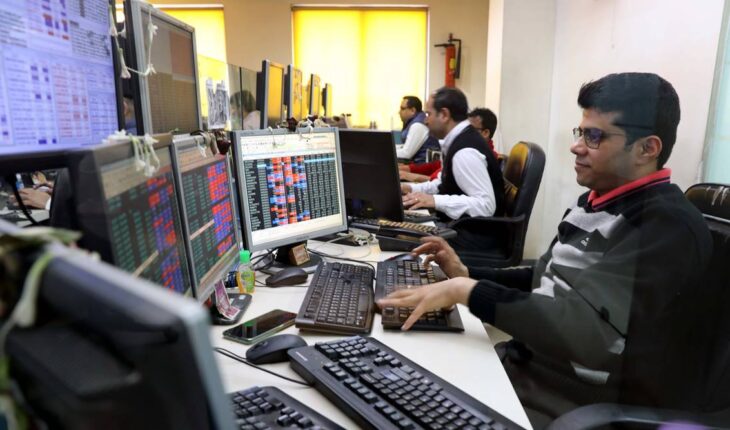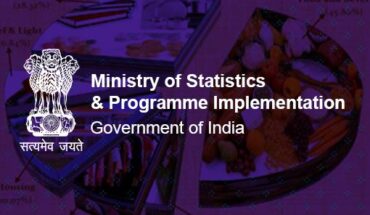
If we look at the data of economic savings in the Indian economy from the point of view of analysis, then we will find that the period from 2004 to 2010 can be identified as a golden time because during that period the percentage of economic savings and GDP continued to increase year after year.
In the year 2010, the economic savings was at the level of 36.9 percent, which is the highest level till date, because during that time the growth rate of the Indian economy was also increasing rapidly every year. Since the year 2011, there has been a decrease in the figures of economic savings and the reasons behind this are the decrease in the rate of economic growth, inflation going to the upper level and the feeling of dissatisfaction with the political power of the country in the first few years. In the meantime, the Corona epidemic also knocked in the form of a global crisis, which suddenly created uncertain physical crises as well as economic problems for the entire society. 2020-21, which was the starting year of Corona, during that time the economic savings in the Indian economy was 28 percent of GDP because a large number of people lost their jobs during the lockdown, yet the positive trend is evident from the fact that the year 2021-22, Economic savings remained above 30 percent of GDP in . That is, the behaviour of financial savings is continuously intact among Indians.
Significantly, for the last few years, the banking sector has not been the center of main attraction, but the domestic savings of Indians are continuously increasing. Therefore, it is self-evident that many other sources of economic investment are getting included in the priorities of the people. For example, the prevalence of insurance increased very rapidly during the Corona epidemic. It is also necessary to clarify here that life insurance in India has always been a main source of financial investment along with banks. Every Indian receives the treatment of financial investment in life insurance as a family approach. During the Corona epidemic, since physical crises were very sudden and uncertain, the practice of medical insurance suddenly increased rapidly in the society during that time, but this practice could not take a permanent form and it saw a rapid decrease in the next financial year itself. This is a matter of great concern for the insurance business as to why insurance penetration is still very low in India today? During the year of Corona Pandemic, it had increased from 3.8 percent to 4.2 percent all of a sudden. It should be known that the global average figure of insurance is 7 percent and in many developed countries including America, Britain etc. it remains above 10 percent. Insurance companies must think in this regard whether the cost of premium in Indian society is not high in this context?
This is being confirmed with great prominence these days that now the economic savings of Indians are rapidly moving towards the Indian capital market. According to statistics, in the year 2021-22, one million new investors associated with the Indian capital market, who made financial investments through SIP (Systematic Investment Plan) in mutual funds. In this, more than 4 percent trend of domestic savings has been seen towards the Indian capital market during one year itself. In this, both direct investment in equity and mutual funds have emerged as a major option. It would also be appropriate to mention here that in the last financial year, the option of investing in a large number of IPOs was also available for economic investment in the capital market, through which companies raised a large amount of capital from the Indian society. LIC’s IPO was the most talked about. Among new-age startups, the IPOs of Paytm and Zomato also created a lot of buzz. Perhaps this was the main reason that even when there was a period of economic recession during the Corona epidemic, the Indian capital market continued to grow during that time because a large number of new investors joined the Indian capital market at that time. However, during that time the first priority of global investors remained India instead of China. It has also been seen that the tendency of Indians to invest in pension and provident fund has also increased a lot. However, these days the withdrawal of the old pension scheme is a political issue, due to which there may be a change in the attitude of the investors under the new pension scheme in the coming future.
Dr. P.S. Vohra , Academician, Financial Thinker & Newspaper Columnist , Views are personal





